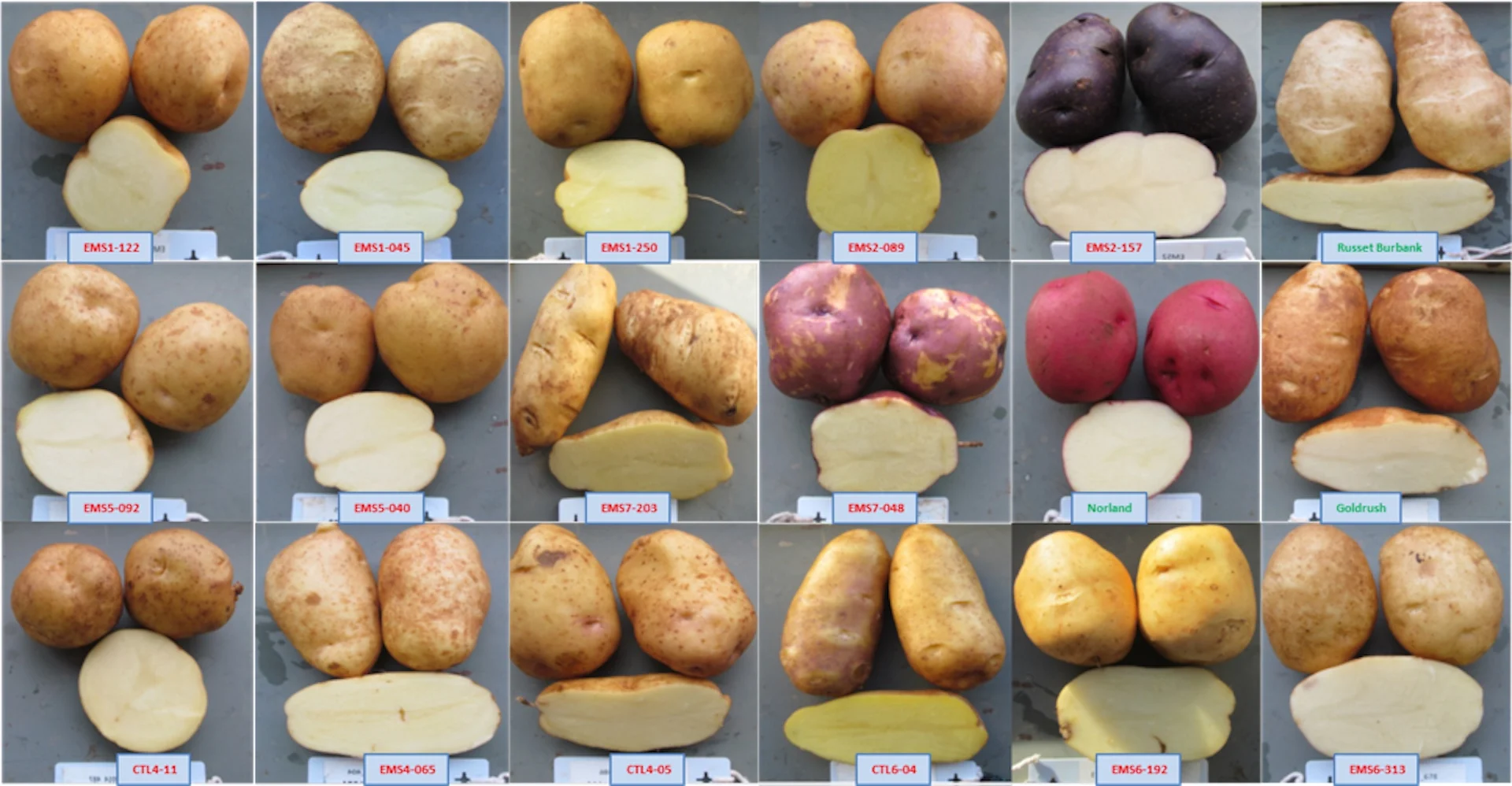
Drought-resistant potato genes identified in P.E.I. will help food security
Increasing the genetic diversity between each variety of potato is helping to conserve biodiversity, and increase tolerance to diseases and environmental stresses such as drought.
You say potato, and Bourlaye Fofana says potato clones.
“This is a global issue. We have to adapt our crop to a changing climate,” the Agriculture and Agri-Food Canada research scientist told The Weather Network.
DON’T MISS: Sunshine and warm temperatures—is this Canada's ideal summer forecast?
He’s been conserving a germoplast collection on an experimental field in Harrington, P.E.I., for 10 years and just uncovered the types of genes in diploid potatoes that are drought resistant.
Increasing the genetic diversity between each variety of potato is an effort to conserve biodiversity, and make it more tolerant to diseases and environmental stresses such as drought.
“For example, Western Canada overproduced potatoes in 2020 compared to P.E.I. because of the drought we had here [while] it had irrigation. It was the first year Western Canada surpassed P.E.I. in potato production because of a drought condition,” said Fofana.
A total of 384 diploid potato clones were evaluated for drought tolerance and plant maturity characteristics. Fofana found genetic DNA markers that were associated with plant growth and drought-resistant characteristics.
Breeders could use clones to make future potato varieties more resilient to climate change.
Watch the video above for the full story on the research and development on the drought-resistant potatoes.
Thumbnail courtesy of Agriculture and Agri-Food Canada.










